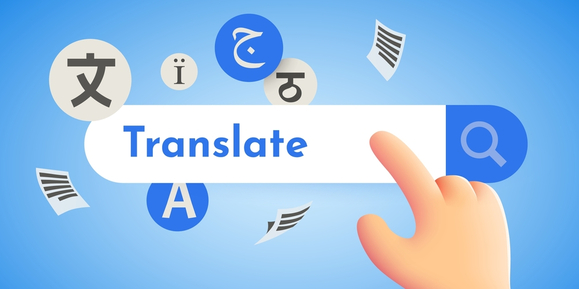
The translation is a procedure that is challenging in any sector or industry. However, this procedure is more challenging in the medical and healthcare industry than in other industries. As in this industry, the health and lives of people are involved; hence, the stakes are definitely much higher than in any other industry. Whether the translation procedure works regarding a medical or healthcare issue or even pharmaceutical instructions, just one wrongly translated phrase or word can lead to dire consequences. So, it is vital to trust a reliable and professional company than can offer excellent website translation services to customers.
What are the significant challenges of medical and healthcare translation procedures?
There are multiple primary challenges that a medical and healthcare translation company or website translation services need to face while working on important projects. Some of those are:
1. Abbreviations and acronyms are really difficult to translate
A person who has received important medical instructions or a prescription has likely seen that almost all medical documents and instructions contain abbreviations and acronyms. Most of these acronyms and abbreviations just can’t be translated, meaning that the linguist needs to be well-versed in the related field to know the exact procedure of how to translate those terms into the target language accurately.
This is a crucial reason why asking for the help of a specialist translator is required to translate important healthcare or medical documents. Translators who cannot understand their own field will eventually make errors when trying to search for a counterpart to a specific healthcare or medical abbreviation or acronym.
2. The undeniable complexity of medical terminology
Another significant challenge in translating medical and healthcare documents is the complexity of medical terminology. The reason is just that even a little variation or change in the phrase or wording can highly affect the medical treatment or healthcare a patient receives.
As we all know that medical terminology is actually related to the source language, most words usually do not have a direct connection or correlation with the target language. In this situation, the translator should make several challenging choices to find out the best applicable word that can be used in place of the source term.
In addition to this, the medical and healthcare industry is undeniably vast, and each area contains certain terminology that is specific to the medical condition that is being treated. Therefore, reliable website translation services or agencies should make certain that their valuable clients can seek assistance from translators who are specialists in the specific field.
For instance, a translator specialized in cardiology could focus on that specific area instead of trying to translate medical instructions and documents that address issues regarding hematology. Attempting to translate each other especially will eventually result in linguistic making errors. Moreover, relying on a translator with no medical experience would lead to significant errors and notable mistakes.
3. Translating drug names needs proper knowledge and expertise
Along with the difficulties with translating acronyms and abbreviations, translating the names of different pharmaceutical names and drug names are, no doubt, challenging. Thus, translating those specific terms need proper expertise and knowledge.
4. The audiences vary to a great extent
As you may know, there are different groups of people who work in the field related to medical and healthcare system. So, as a result, it is very important to make sure that the translation procedure can capture the accurate message geared toward a particular group of audience. To ensure that the information or content will be correctly translated for the target audience, the professional translator should know who is the intended audience or the receiver of the content or instruction.
For instance, medical experts or doctors will expect and comprehend complex terminology. However, instructions given to patients and their families should be written in words or terms that are less specialized.
Some of the varieties of medical translations that require their specific type of communication are:
So, if you need to translate your important medical documents or pharmaceutical papers, you should always trust a reliable agency than can provide flawless website translation services, like CHL Softech.
We are here to assist with your questions. Write us a message, and we will get back to you shortly.